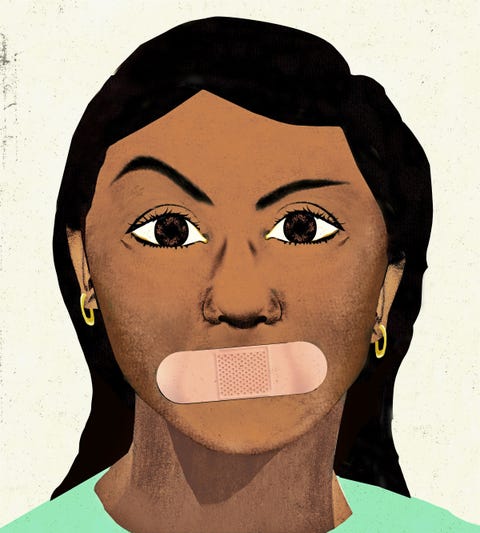This week, my placement, Choices Women’s Medical Center, wanted me to do research and help write an article about systemic racism in US healthcare and how it directly causes differences in rates of mortality and morbidity. They asked me to do this in light of the Black Lives Matter movement. While I always knew that systemic racism impacted the treatment of patients by doctors and staff, I was absolutely appalled by how huge of a difference a patient’s race can have on their likelihood to live or die from treatable illness. Here is just a fraction of what I learned:
“Imagine this: You go to the doctor and routinely feel unseen, unheard, misunderstood. Sometimes you fear you’ve been misdiagnosed. But your concerns are brushed off. You aren’t apprised of the full range of treatment options—the doctor seems to assume they don’t apply to you, or that you can’t take in all the information. Your local hospital is underfunded, the equipment outdated, frequently nonfunctional. You’re denied pain meds. You’re handled brusquely. Staff openly question your ability to pay.” (Emma Stallings, Oprah Magazine).

Dr. Monique Teller also quotes the experience of one of her black female patients in the emergency room: “They treated me like I was trying to play them, like I was just trying to get pain meds out of them. They didn’t try to make any diagnosis or help me at all. They couldn’t get rid of me fast enough”. Her patient was convinced that she was treated poorly because she was black.
And she was probably right. Not every black woman has had experiences like these, but it is clear that they are disappointingly familiar to the vast majority. According to a study done by the CDC in 2011, black women are three to four times more likely than white women to die from complications during pregnancy or childbirth. In fact, they made up 42.8% of the deaths resulting from pregnancy or childbirth in comparison to white women, who only made up 12.8% of this population.
It is undeniable that the American healthcare system is beset with inequalities that disproportionately impact people of color, especially black people. These inequalities contribute to uneven access to services, gaps in health insurance coverage, and poorer health outcomes amongst certain populations. Doctors may take an oath to treat all patients equally, and while most are not explicitly racist, they operate within a system that is inherently racist.
“Black women are treated differently because of the color of their skin,” said psychologist Fleda Jackson in the Fusion documentary The Naked Truth: Death by Delivery. “Many don’t know their rights and suffer abuses, and they don’t have insurance. And they also suffer from sexism. They are Black and they are women. There is no rest for them in these circumstances.”
We cannot sit idly by and allow this horrible injustice to continue happening. One fact is clear: the United States healthcare system must change. In order to fight racism and discrimination, we must name, recognize, and fully understand the attitudes and actions that put the lives of black people in danger, especially in the healthcare industry. We need to be able to somehow manage bigotry safely and educate ourselves and others. We need to practice and model tolerance, open-mindedness, peace, and respect for one another.
After all, the struggles of one marginalized community are struggles of all of us. Black Lives Matter.


